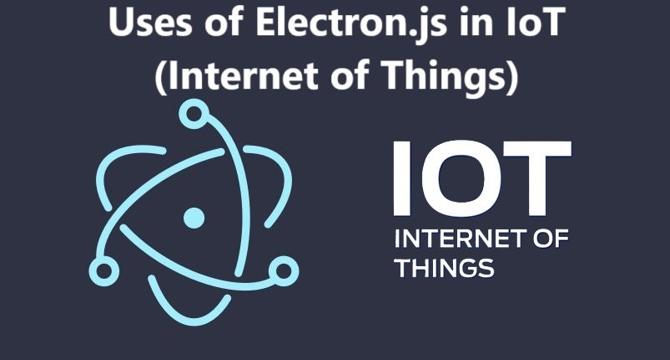Iotbyhvm
4w
106

Image Credit: Iotbyhvm
Uses of Electron.js in IoT (Internet of Things)
- Electron.js, a framework for building cross-platform desktop applications, is utilized in IoT applications for its ability to integrate with IoT hardware, communicate with embedded systems, and create user-friendly dashboards.
- Key reasons for using Electron.js in IoT include its cross-platform compatibility, rich user interface for data visualization, integration with IoT protocols like MQTT and WebSockets, and support for Node.js backend for hardware communication.
- Electron.js finds applications in IoT dashboards, edge computing for local data processing, device configuration and firmware updates, IoT security and access control, and industrial IoT (IIoT) for smart manufacturing.
- Use cases for Electron.js in IoT range from smart home control panels and energy management systems to edge devices processing IoT data locally, firmware update managers, and SCADA systems for industrial monitoring.
- In comparison to other IoT development tools, Electron.js offers cross-platform support, rich UI/UX, IoT protocol support, and security features, positioning it as a versatile choice for IoT development.
- Future trends for Electron.js in IoT include improved performance, WebAssembly integration for real-time processing, AI-powered IoT apps, and enhanced cloud integration for more robust support.
- Electron.js enables developers to create secure, scalable, and visually appealing IoT applications that work across multiple operating systems, making it an ideal tool for bridging the gap between embedded systems and end-users in the IoT landscape.
- The flexibility and vast ecosystem of Electron.js empower developers to build a wide range of IoT solutions, ultimately contributing to the growth and innovation in the IoT industry.
Read Full Article
6 Likes
For uninterrupted reading, download the app